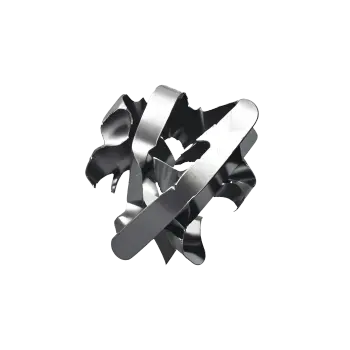The causes of iron deficiency can be many, including blood loss for various reasons or obstacles for the body to absorb enough iron from the diet. Fortunately, this condition is usually harmless and responds well to treatment. Although iron deficiency can cause fatigue and lack of energy, it is a disorder that usually responds well to treatment. By restoring the body's iron levels, either through dietary supplements or dietary adjustments to include iron-rich foods, symptoms can be alleviated and blood levels normalized. Sometimes medical interventions or treatments may be necessary depending on the underlying cause of the iron deficiency.
What does iron deficiency really mean?
Iron is a critical component for the synthesis of hemoglobin (Hb), a protein that captures oxygen from the inhaled air and then distributes the oxygen throughout the body. The body normally has extra iron stored in organs such as the liver, spleen and bone marrow, to act as a reserve, especially in the event of bleeding. However, when these iron reserves are depleted and the ability to produce enough Hb is affected, this leads to a reduction in the oxygen capacity of the blood. This medical condition is called iron deficiency anemia or iron deficiency anemia.
Here are some common causes of iron deficiency:
- Blood loss: Loss of blood through menstruation (in women), intestinal bleeding (for example from peptic ulcers, inflammatory bowel disease or colorectal cancer) or any form of trauma can result in significant iron loss.
- Inadequate intake: A diet lacking adequate amounts of iron-rich foods, especially animal sources such as meat and liver, can lead to iron deficiency, especially if the diet is not supplemented with other sources of non-heme (plant-based) iron such as legumes and green leafy vegetables.
- /li>
- Pregnancy and breastfeeding: During pregnancy and breastfeeding, the body's need for iron increases to support the health of both mother and child. If the diet does not supply enough iron, iron deficiency can occur.
- Donor of blood: People who donate blood regularly may experience temporary iron deficiency because blood donation results in a certain amount of iron loss.
- Long-term use of certain medications: Certain medications, such as proton pump inhibitors or antacids, can reduce the body's ability to absorb iron.
It is important to identify the specific cause of iron deficiency in order to implement appropriate treatment and preventive measures. If you suspect iron deficiency, it is wise to consult a doctor for an accurate diagnosis and treatment plan.























